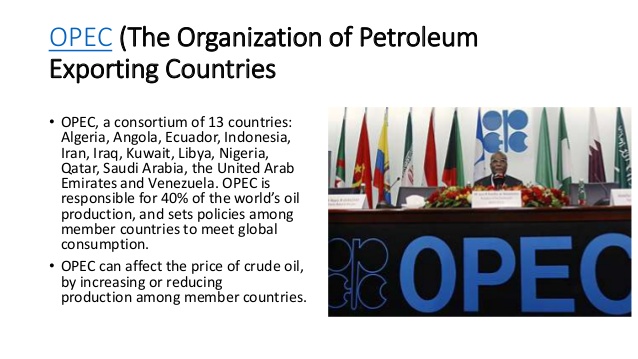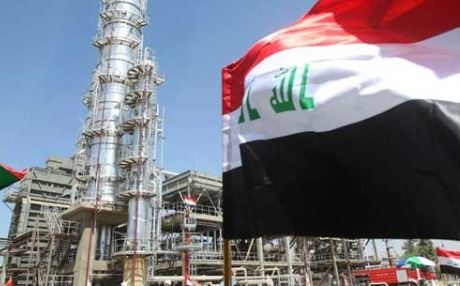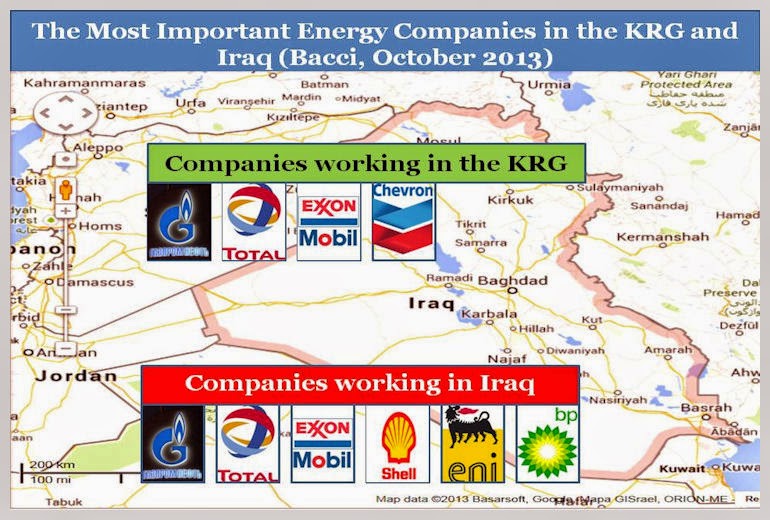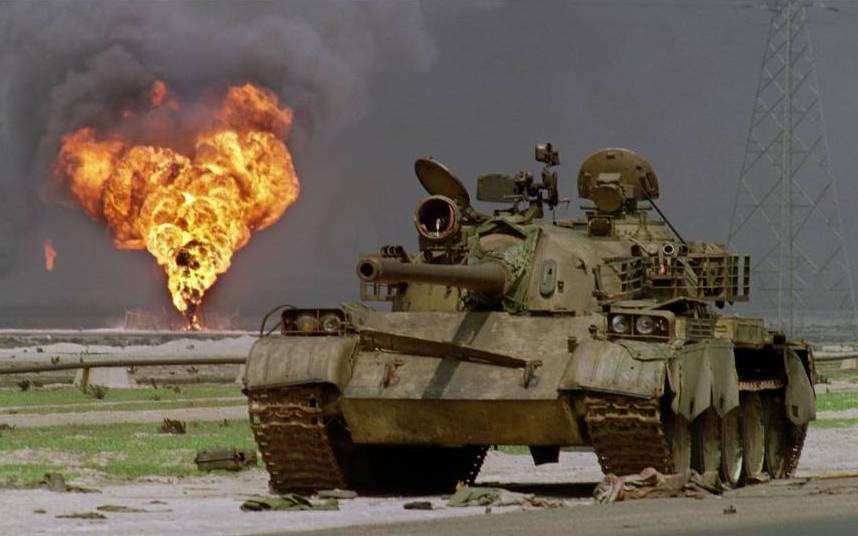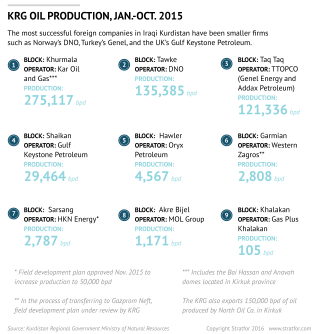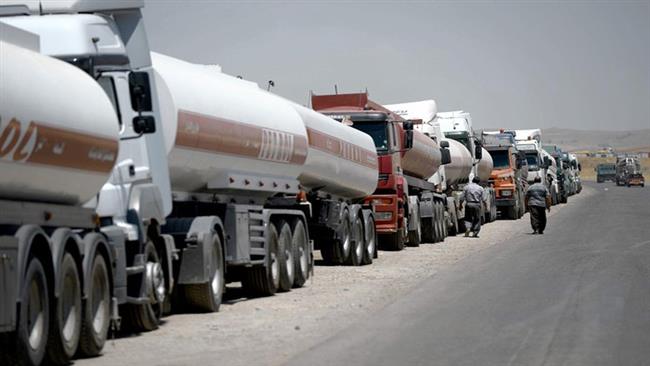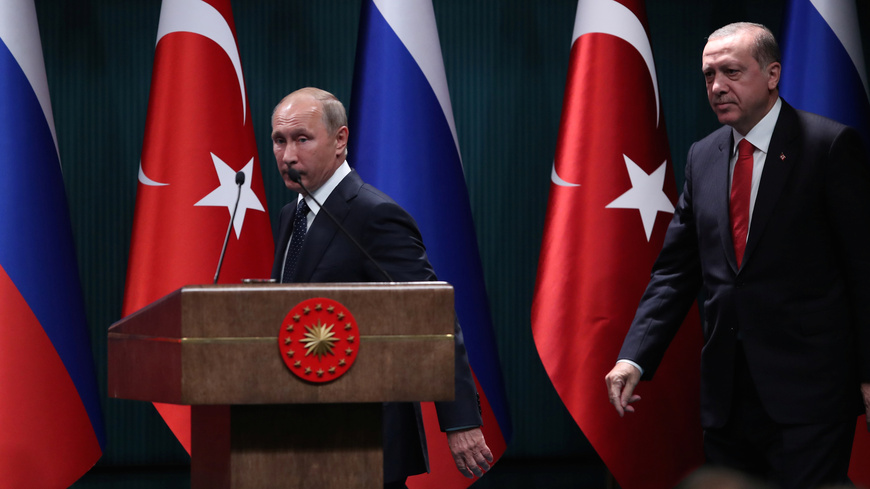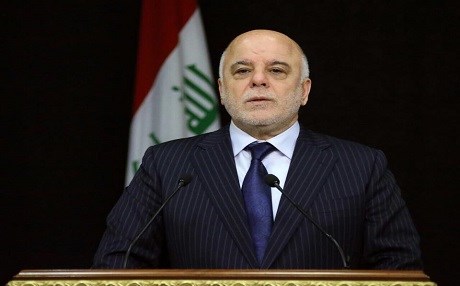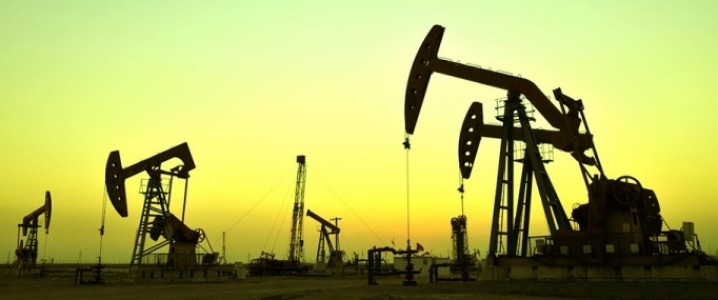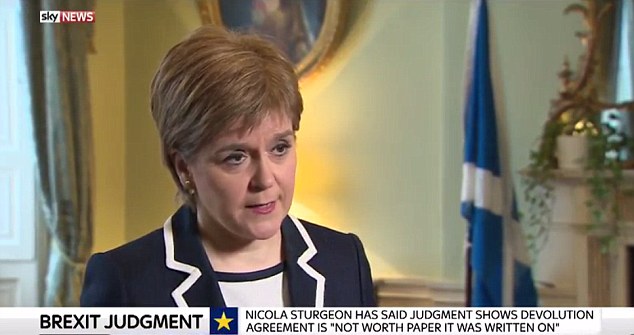By Ahmed Mousa Jiyad.
Any opinions expressed are those of the authors, and do not necessarily reflect the views of Iraq Business News.
This is a summary of a PowerPoint presentation prepared for and to be delivered before the international “8th Turkey Energy Summit Congress”, held at Antalya, Turkey, 10-11 October 2017.
The presentation was formulated on two interrelated premises;
- Iraq is the only Arab country that is resource rich and “semi-landlocked”; has only narrow corridor to international waters with two close chokepoints: one at northern Arabian Gulf (with Kuwait and Iran) and the other is Strait of Hurmuz.
- Hence, geology, geography and oil-dependency make Iraq inevitably highly vulnerable to geopolitical risks; kleptocracy exacerbates such vulnerability.
It covers the following topics:
- Geology: resource richness and potential resource conflicts;
- Geography Governs: Semi Landlocked; Locational Rent (Economic & Political) & Expensive Strategy of Multiple Export Outlets;
- Oil Dependency, Vulnerability and Volatility;
- The Big-Push Strategy of a Game-Changer;
- Kleptocracy, Resource Curse & Major Policy Failures; and finally,
- Prospects: Iraq’ Geopolitical Vulnerability Continues.
Please click here to download the full report.
Mr Jiyad is an independent development consultant, scholar and Associate with the former Centre for Global Energy Studies (CGES), London. He was formerly a senior economist with the Iraq National Oil Company and Iraq’s Ministry of Oil, Chief Expert for the Council of Ministers, Director at the Ministry of Trade, and International Specialist with UN organizations in Uganda, Sudan and Jordan. He is now based in Norway (Email: mou-jiya(at)online.no, Skype ID: Ahmed Mousa Jiyad). Read more of Mr Jiyad’s biography here.

